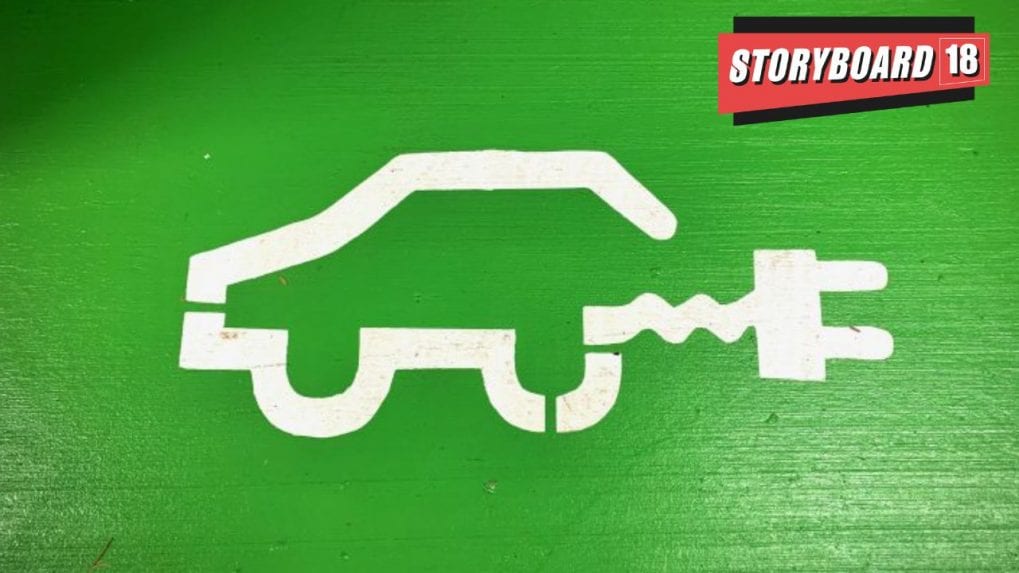India’s EV push faces jolt as panel proposes higher GST on luxury EV
India’s tax panel has proposed steep GST hikes on luxury EVs, threatening Tesla, BMW, Mercedes and BYD. Automakers warn the move could derail clean mobility adoption, even as the GST Council weighs reforms to support domestic manufacturing and consumption.
ADVERTISEMENT
India’s ambition to accelerate electric mobility is facing turbulence after a government tax panel recommended steep hikes in the goods and services tax (GST) on luxury EVs. Reuters reported, the proposal, if accepted, could raise levies on imported models from Tesla, Mercedes-Benz, BMW and BYD at a time when the government is simultaneously cutting taxes on mass-market goods to spur domestic consumption.
Prime Minister Narendra Modi’s broader tax reform agenda aims to simplify rates and encourage domestic manufacturing. The panel suggested increasing the GST on EVs priced between Rs 20 lakh and Rs 40 lakh from 5% to 18%, while vehicles above Rs 40 lakh could either move to the 18% bracket or face a new 40% “luxury” slab. The logic is high-end EVs cater to the “upper segment” and are largely imported, limiting benefits for local industry.
Carmakers, however, warn that such a move could stall India’s clean mobility transition. Tata Motors, which dominates the EV segment with 40% market share, said it is “imperative” to keep GST at 5% to maintain momentum. BMW India argued that higher rates risk “derailing the vision of high electric adoption and local production". Mercedes-Benz India added that the impact would be felt most in entry-level luxury EVs, while Tesla, which recently set up showrooms and launched its Model Y at a Rs 59.89 lakh base price, may find its India plans further complicated.
Analysts say a hike in GST could slow the already nascent EV penetration, which currently stands at just 5% of total passenger car sales but is growing rapidly as EV sales rose 93% year-on-year between April and July.
Read More: Tesla's India debut falters with just 600 orders against 2,500-car target
While luxury imports may take the biggest hit, even Indian automakers are not immune. Mahindra and Tata’s high-end EV offerings could become pricier if the tax revision goes through, though their bulk sales are still in the sub Rs 20 lakh segment. BYD, which has carved out a small 3% market share, would also face challenges in scaling its premium models.
The GST Council, chaired by the Union Finance Minister and comprising state representatives, will review the recommendations on September 3–4. Its decision could define the trajectory of India’s EV policy, whether it continues incentivising adoption across price points, or draws a sharper line between affordable EVs and luxury imports.
Read More: Bajaj Auto’s domestic 2-wheeler sales fall 12% in August; exports jump 25%
Read More: Electric vehicles adex share in auto sector set to climb 50%


